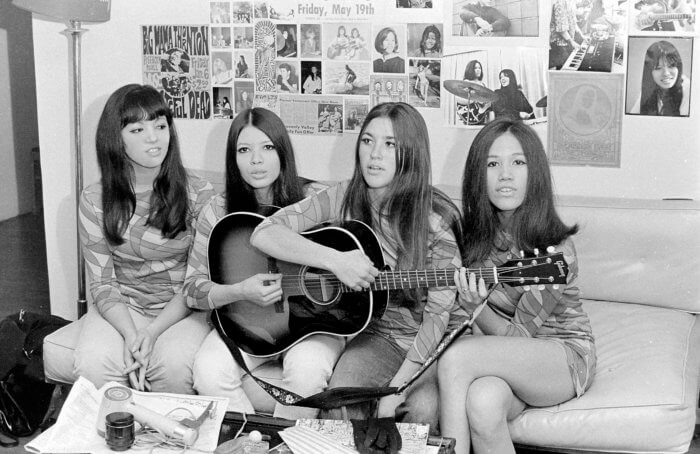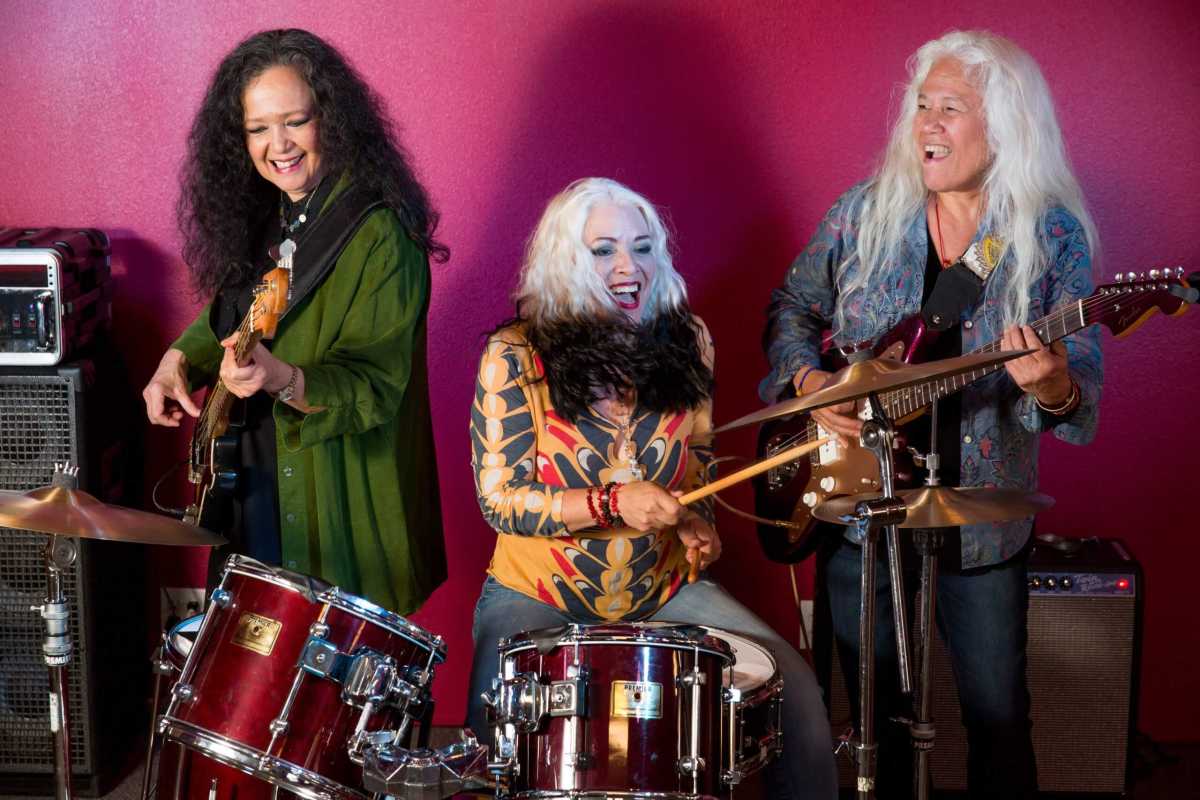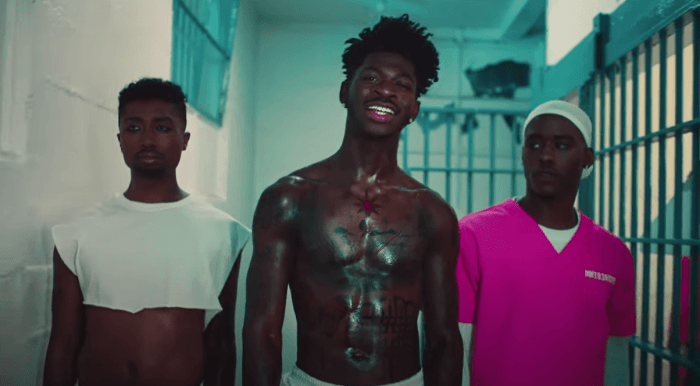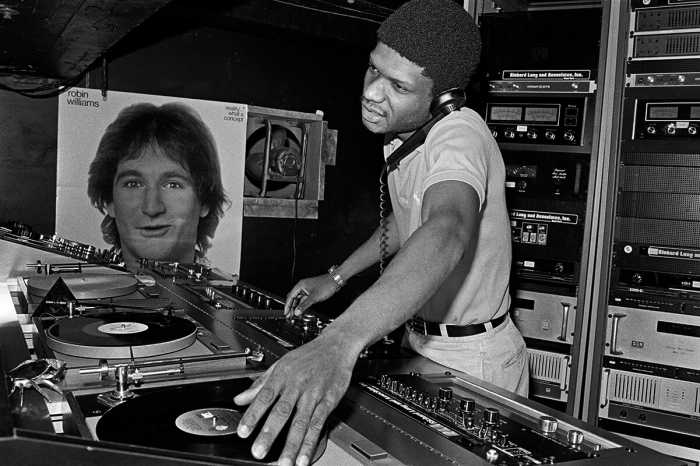The band Fanny — which made a splash in the late 1960s until their breakup in the mid-1970s — was an all-female rock group composed of Filipina American and queer women. Their music was championed by David Bowie and adored by Joe Elliott (of Def Leppard). The band was popular, but never as well-known as the all-female rock bands “The Runaways” and “The Go-Go’s,” even though Fanny paved the way for them.
“Fanny: The Right to Rock” is director Bobbie Jo Hart’s enjoyable documentary that seeks to correct that injustice. As the film shows, these women were pioneers who never got the fame they deserved because of sexism in the music industry. At one point, the band members were forced to wear skimpy outfits, something no male band would be asked to do. (Fanny was even banned from performing by one venue because their costumes were deemed too sexy.)
Fanny faced other difficulties. Bass guitarist Jean Millington, lead guitarist June Millington, and drummer Brie Darling all suffered racial discrimination for being Filipina American. Like June, drummer Alice de Buhr was a lesbian and could not be out publicly in the early 1970s; she had to pretend to have a boyfriend for the band’s image. However, Alice does talk about coming out at age 17, and movingly describes how she and her mother navigated their relationship after Alice spent two weeks in an institutionalized care.
Their music was also ahead of its time. One of their songs addressed the topic of birth control. Their greatest hit — “Butter Boy,” which peaked at 29 on the Billboard 100 — opens with the lyrics, “He was hard as a rock/But I was ready to roll/What a shock to find out/I was in control.” Yes, these women were badass — and they busted their asses being on tour with little sleep and no salary. Hart’s film emphasizes that the music industry never gave them the support they needed to have a hit record or song.

“Fanny: The Right to Rock” lovingly celebrates the band and their music, with testimonies from Bonnie Raitt, Kate Pierson (of “The B-52s”), as well as other female performers, including Cherie Currie from “The Runaways” and Kathy Valentine from “The Go-Go’s.” Even male performers such as John Sebastian from “The Lovin’ Spoonful,” Earl Slick, David Bowie’s lead guitarist, and Jeff Baxter from “Steely Dan” celebrate the band’s impact and influence.
Hart’s documentary is mostly upbeat. It traces the history of the band — Brie was dropped when the group was signed to a label, and a keyboardist, Nickey Barclay, came on board — through photographs, film clips, posters, and more. As the years pass, there are changes in the lineup with Alice and Nickey dropping out and Brie and Patti Quatro (Suzy’s sister) joining. Notably, Barclay refuses to have anything to do with the Fanny now and is not seen in the film except in archival footage. The reasons for this are not fully explained, sadly, but there is a suggestion that the band had personality conflict as “group therapy sessions” were part of their tour. Most of the negativity in the film is based on the racism, sexism, and homophobia Fanny shouldered, especially in the media.
The nostalgia is quite infectious. Viewers will likely wish they had seen Fanny performing at an open mic night at the Troubadour in Los Angeles, or been at Fanny Hill, the house the band stayed in, and where Joe Cocker might be at the breakfast table.
The band’s salad days are best as anecdotes recount band members doing drugs with Mick Jagger, or the nudity and freedom and same-sex bedhopping that took place at Fanny Hill. Yes, Fanny was all about sex, drugs, and rock and roll, but not necessarily in that order. The music was what really mattered — they had a great sound — and scenes of Fanny performing are fabulous.
Now in their 60s, the women are shown planning to release a new album, “Fanny Walked this Earth.” Hart showcases this effort, which involves Jean, June, and Brie collaborating on the songs. While it is rewarding to watch Fanny practice, and put out their CD, a crushing setback occurs a week before their tour.
The film also shows how the women pay it forward by mentoring young girls who want to play music. It is very encouraging and sad when young fans rue not knowing about Fanny sooner. Why has it taken so long for this pioneering band to receive the attention they deserve? Thankfully, Hart’s film pays overdue tribute to Fanny. This affectionate documentary should garner the band a whole new set of fans — and it may even sell a few records.
“Fanny: The Right to Rock” | Directed by Bobbi Jo Hart | Opening May 27 at the Quad Cinema | Distributed by Film Movement


































